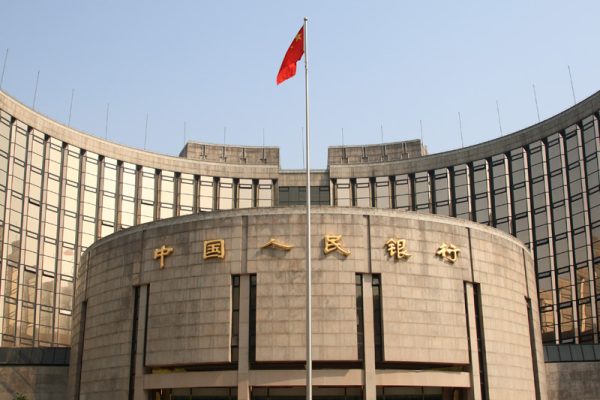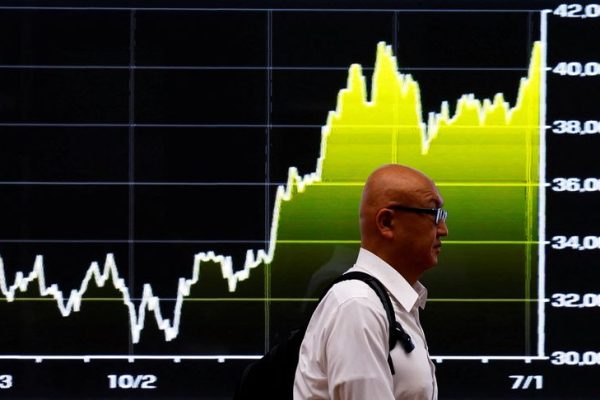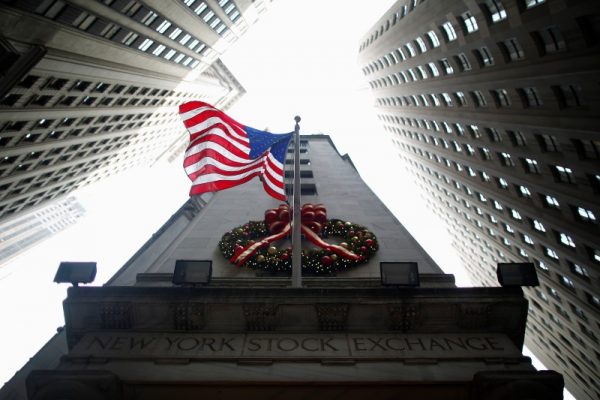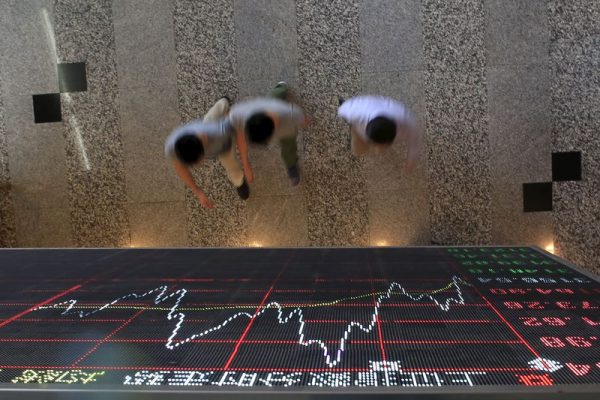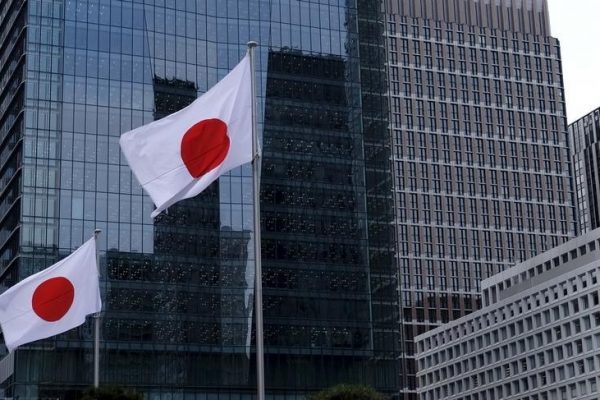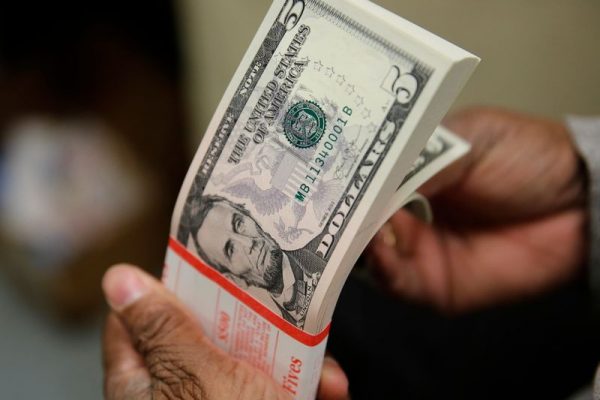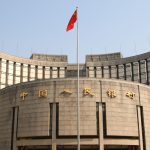To achieve certain economic mandates or goals, a country’s most potent weapon is monetary policy. Monetary policy is determined by a country’s central bank acting independent from government.
Monetary Policy is the process of setting the interest rate and controlling the supply of money.
There are three main goals that monetary policy helps a central bank achieve. Those being:
- Economic growth targets.
- Inflation in the target band.
- Low unemployment.
Hawkish monetary policy is indicative of rising interest rates. It is sometimes referred to as tightening because essentially the central bank is looking to tighten the economy and slow it down in the wake of higher inflation.
Under a hawkish scenario where interest rates are rising, the borrowing of money by both business and consumers becomes more expensive (due to higher interest repayments) so spending and investment decreases as a result.
Dovish monetary policy is the opposite, and indicative of falling interest rates. A central bank may decide to loosen monetary policy by cutting interest rates with the goal of stimulating a stagnating economy in mind.
Under a dovish scenario where interest rates are falling, money is being made cheaper and more accessible to business and consumers which encourages them to invest or spend. This spending then stimulates a stagnant economy.
By using the different types of monetary policy, a central bank can somewhat control, and in the end smooth the wild swings between the good and bad times experienced by an economy. Both economies and markets want stability and there is no point in experiencing huge booms if they are followed by equally as devastating busts in a regular business cycle.
More News Posts
European stocks mixed; IMF report, quarterly earnings in focus
European stock markets traded in a mixed fashion Tuesday, as…
China cuts loan prime rate slightly more than expected
The People’s Bank of China cut its benchmark loan prime…
Dollar buoyant, equities cautious ahead of China data
The dollar hovered close to an 11-week high versus major…
US stock futures edge lower with TSMC earnings on tap
U.S. stock index futures fell slightly in evening deals on…
US stock futures steady after tech losses batter Wall St; earnings in focus
U.S. stock index futures steadied in evening deals on Tuesday…
Gold prices muted; copper weakens as China stimulus underwhelms
Gold prices steadied in Asian trade on Monday as traders…
Global Forex and Fixed Income Roundup: Market Talk
The latest Market Talks covering FX and Fixed Income. Published…
Asia stocks edge higher with CPI in focus; China falls past fiscal stimulus talk
Most Asian stocks drifted higher on Thursday with focus on…
Japan leads Asia stock rally, dollar gains after blowout US payrolls
Asian stocks rallied and the dollar reached a fresh seven-week…
Dollar poised for largest weekly gain since April, jobs report in focus
The dollar hung around a six-week high on Friday, set…




